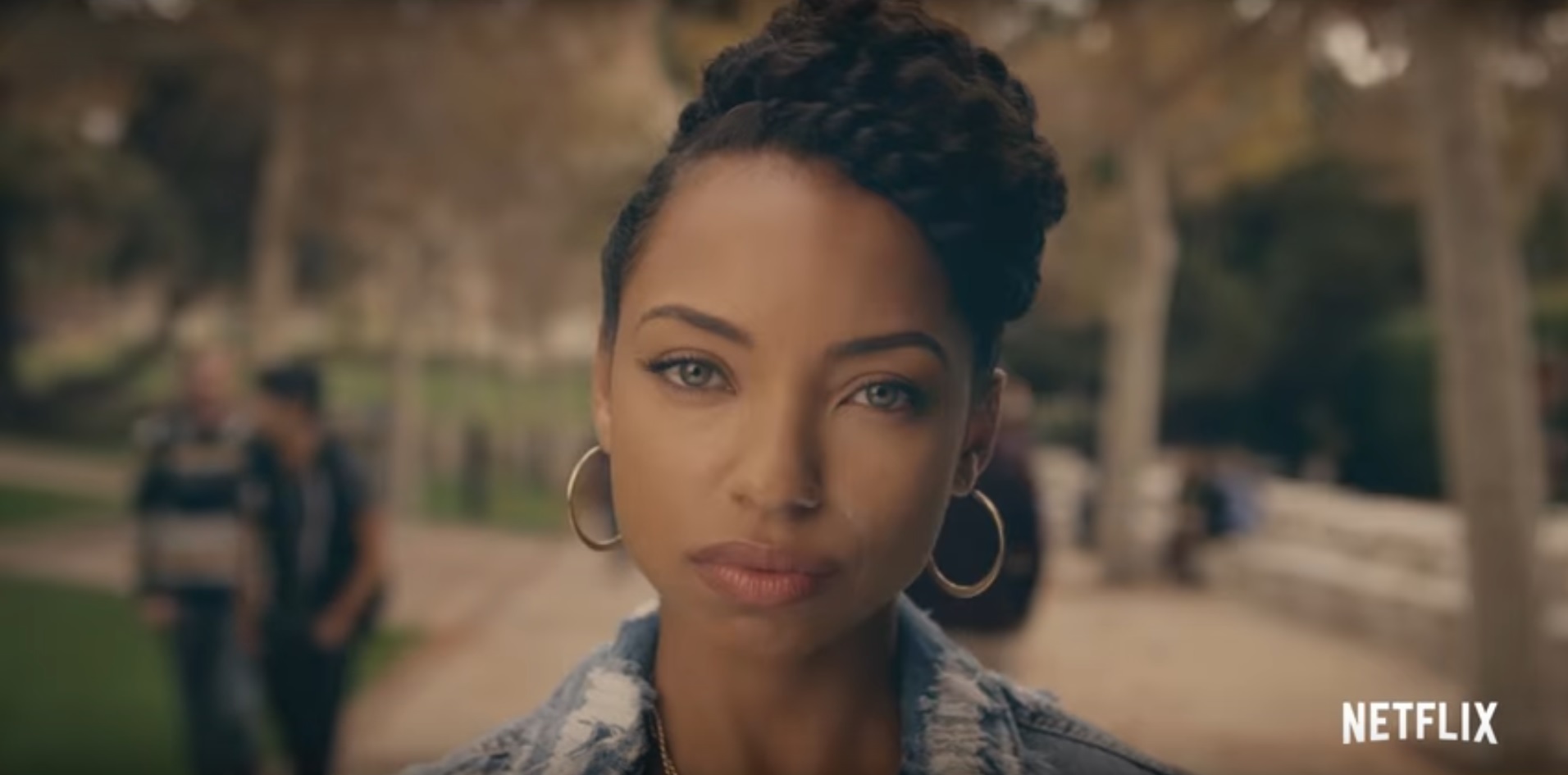Is Netflix’s Model of Canceling Shows Early Good for Creativity?

Today, Netflix announced that Dear White People will be returning for a fourth and final season. While I’m glad that the show will get closure, this also marks yet another instance in which Netflix either cancels a show early or gives them a final season to wrap things up. I’m not talking about BoJack Horseman ending after a healthy run, but rather, shows ending abruptly, either by cancellation or final seasons only three to four seasons in.
I’m a big believer in serialized storytelling needing a set end date, and I tend to like shows that run seven seasons or under, but that should be the choice of the storytellers. Sometimes, shows need longer runtimes, or find a way to justify their lengthier existence, and cutting shows off at three to four seasons isn’t necessarily the best move, especially if it’s Netflix’s decision rather than the decision of the showrunners.
Deadline reported earlier this year that Netflix tends to cancel shows after their third seasons due to expenses, as well as whether the shows will generate new signups. The article states that Netflix sees viewers signing up for seasons one and two of shows, but after season three, that number starts to slow down. Deadline writes that an insider said of Netflix that “At the core of their business is churn.”
And churn they do. We get countless new series dropped on Netflix, oftentimes with very little fanfare depending on what season the show is in. One Day at a Time fans rightfully pointed out that the show seemed to not get much marketing compared to newer releases. Unless a show is a massive success, like Orange Is the New Black or Grace and Frankie, the shows seem to wind up getting canceled, like One Day at a Time.
TV series seem to be canceled earlier, or end earlier than they used to. And again, sometimes shows don’t need to run ten or more seasons, but sometimes television needs time to grow with the narrative. Lost introduced the concept of a flash-forward and certain characters escaping the island at the end of season three. Supernatural introduced Castiel in season four. Shows can still grow and change right in Netflix’s current window for cancellation.
Television is a medium that all but demands constant growth and change. Serialized storytelling always does. You can have a strong cast of characters, but you need to be able to grow with your narrative and keep viewers engaged. While final seasons are rarely favorites, there can be plot twists or shakeups in the middle of a show that can revolutionize the narrative and create something amazing. Unless a show wants only three seasons, that shouldn’t be the magic streaming number.
Sometimes, creators only want a miniseries, or a two or three season run, but again, this should be the creators’ decision. If Netflix is canceling without regard, or forcing final seasons where there doesn’t need to be one just yet, then they’re focusing more on the bottom line than giving creators freedom.
Sometimes shows don’t hit it off, and they can’t be continued because they’re not making money, but Netflix has the money to throw new series and films into existence practically every week. They can probably afford to have some of their hits run for a few more seasons, even if they’re not the hot ticket any longer. Netflix is supposedly a place where creators can get freedom to tell their stories. If their shows are in danger of being canceled quickly, then they might lose that reputation, and showrunners will look for other homes.
Shows should end on their own terms. If Netflix is rushing the story to get rid of certain shows so they can herd in new shows to immediately cancel, then they don’t care about their creators. They only care about the bottom line. That’s their prerogative, but if they want to run this business model, they should own up to it rather than pretending that they’re still a home for creators.
(image: Netflix)
Want more stories like this? Become a subscriber and support the site!
—The Mary Sue has a strict comment policy that forbids, but is not limited to, personal insults toward anyone, hate speech, and trolling.—
Have a tip we should know? tips@themarysue.com